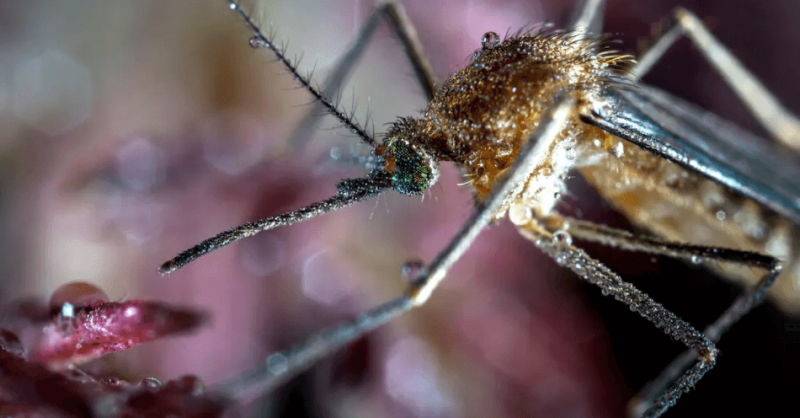Scientists have uncovered a new technique they call the “precision-guided sterile insect technique,” or pgSIT.
While most CRISPR procedures affect organisms that spread diseases by passing a gene change down generations, this system is more limited. It targets male mosquito genes that are linked to fertility.
The technology could be specifically used in places that are suffering from mosquito-borne diseases and illnesses. According to the release, pgSIT mosquito eggs could be shipped to these locations (or produced locally) and distributed within that specific environment. Once they hatch, the males will mate with females and produce sterile mosquitoes […]. Alternatively, if the situation is dire, the scientists noted that adult pgSIT mosquitoes could be released, which results in faster suppression of the mosquito population.
The researchers also noted that it’s possible for the technology to be used on other insect populations that spread disease. “The study suggests pgSIT may be an efficient technology for mosquito population control and the first example of one suited for real-world release,” the researchers said in the release. “Going forward, pgSIT may provide an efficient, safe, scalable and environmentally friendly alternative next-generation technology for wild population control of mosquitoes, resulting in wide-scale prevention of human disease transmission.”































